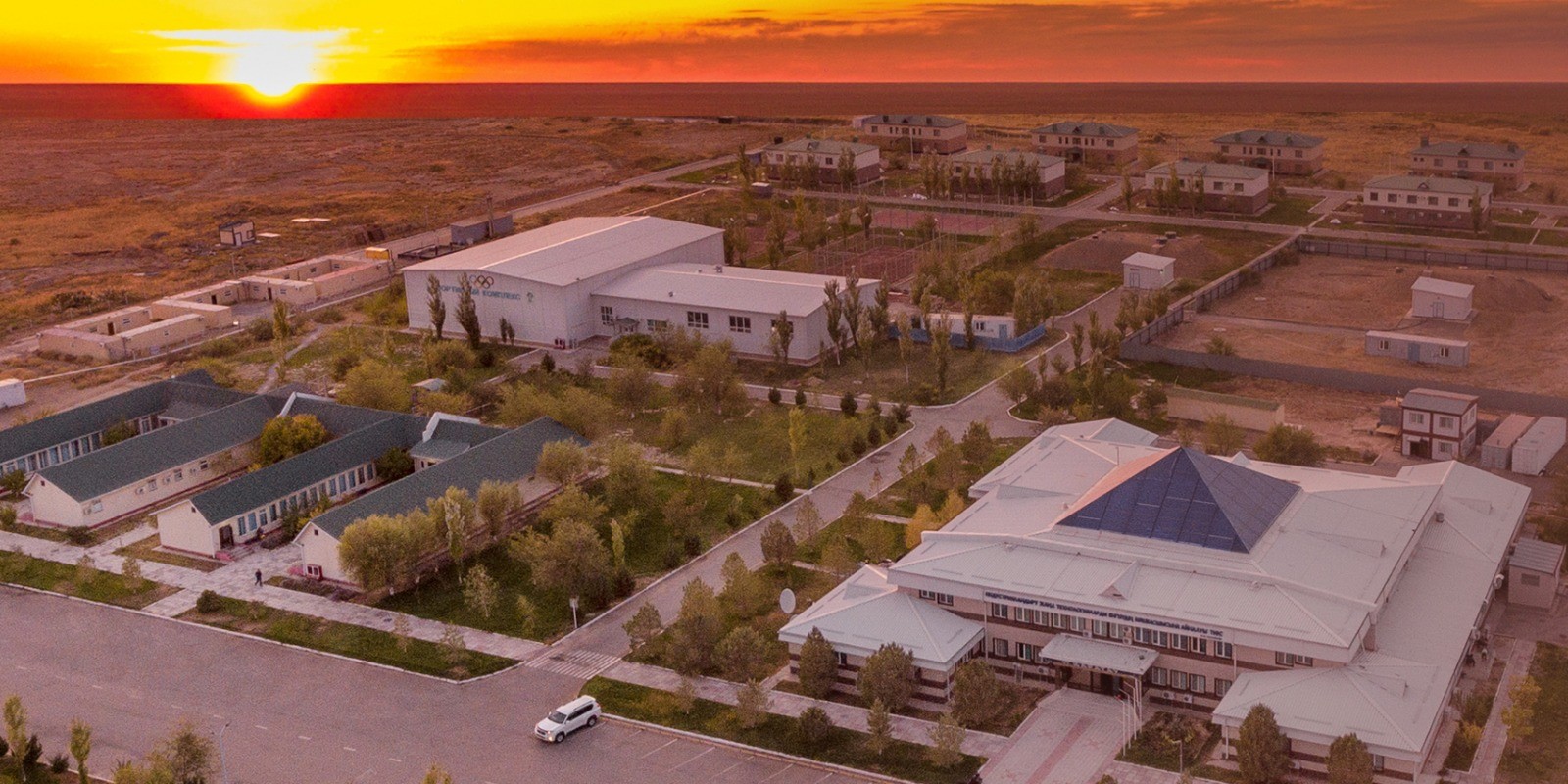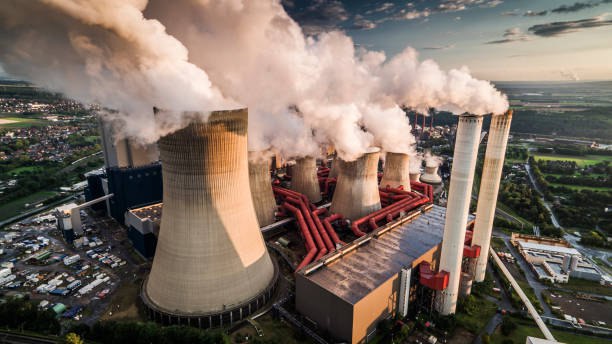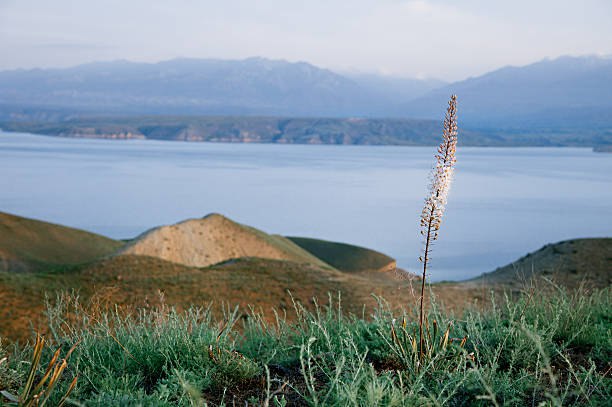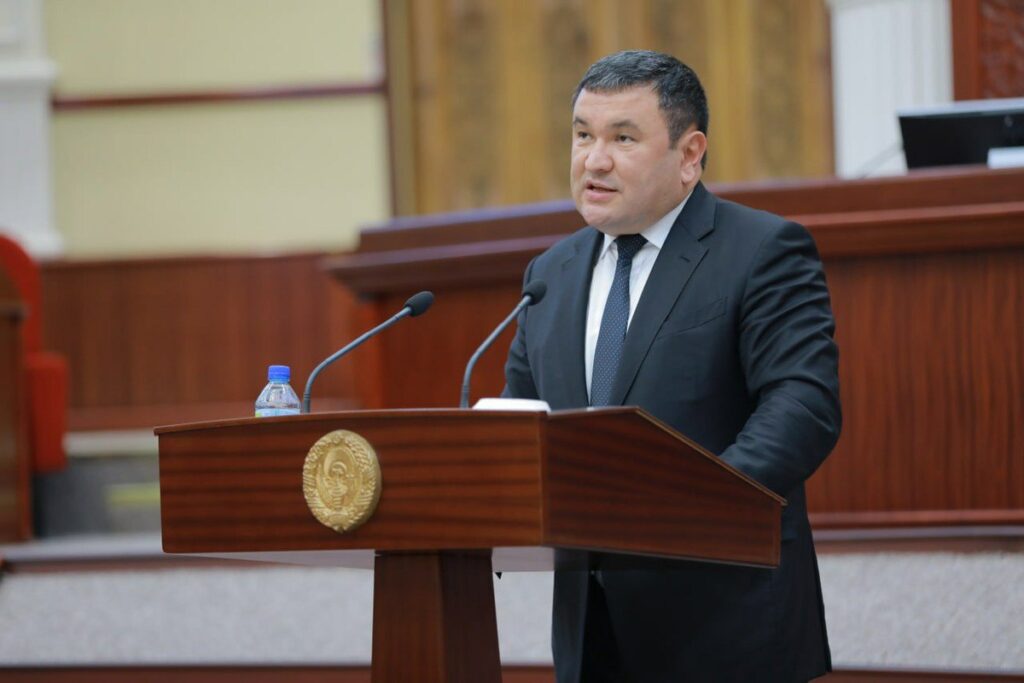The United States and Europe are driving a global shift from fossil fuels to renewable energy, though progress has been slow. Central Asia’s oil, gas, uranium, and green hydrogen resources are expected to remain vital for Europe and global energy security for years to come. Within Central Asia, a shift to cleaner natural gas and nuclear energy is anticipated to replace coal-fired power, reducing environmental harm. Europe’s push for electrification has also renewed focus on nuclear energy, increasing the strategic and commercial value of Central Asia’s uranium deposits.
On December 16, 2024, The Times of Central Asia, in cooperation with the Central Asia-Caucasus Institute and the American Foreign Policy Council, hosted a Burgut Expert Talk titled, “Central Asia in the Energy Transition”. The event featured presentations by Dr. Svante Cornell and Dr. Brenda Shaffer, who outlined their takes on the topic. The discussion focused on Central Asia’s significant role in the global energy landscape, particularly in light of the push for renewable energy and Europe’s efforts to diversify its energy sources.
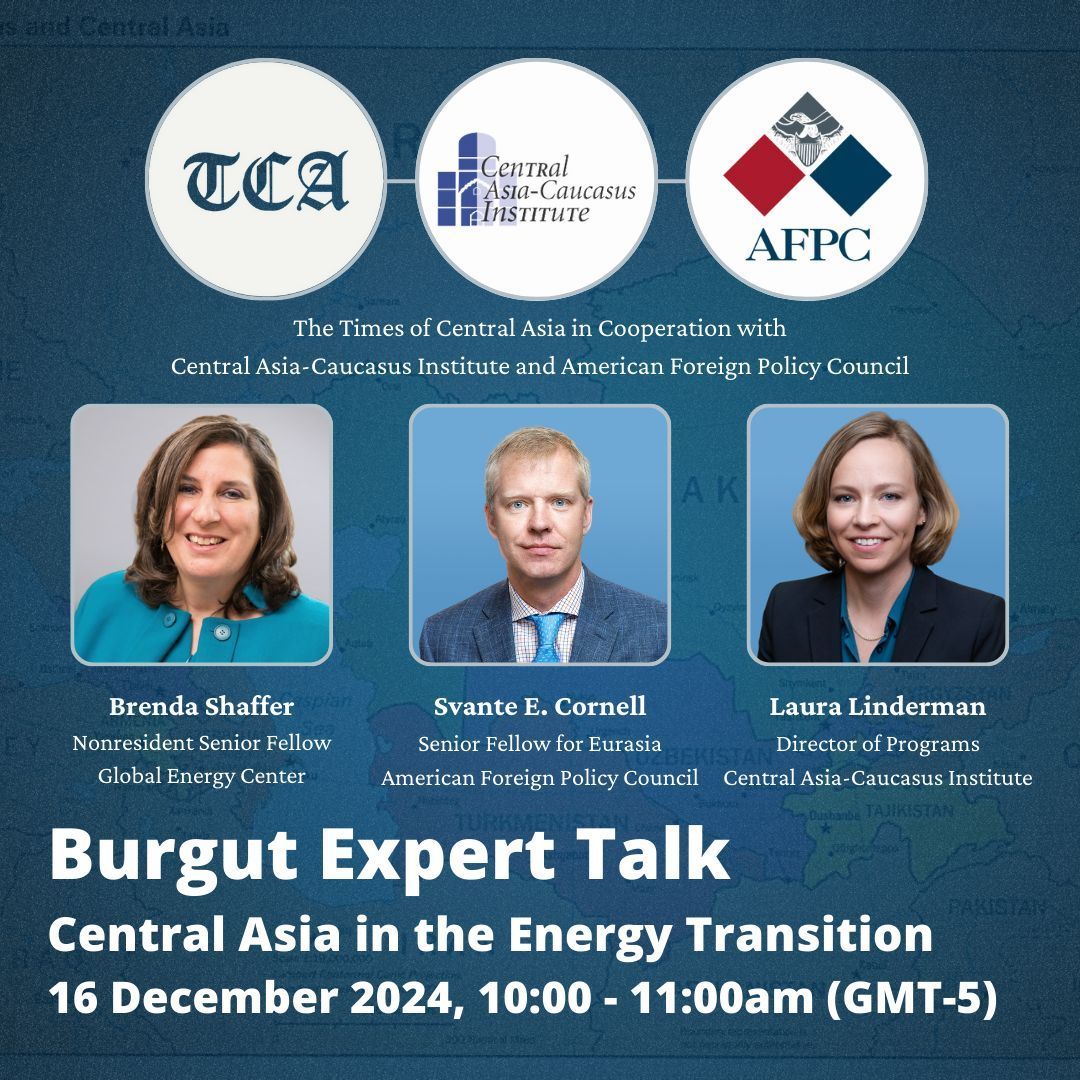
Challenging the notion of a true “energy transition,” Shaffer argued that despite substantial investment in renewable energy, fossil fuels remain dominant. Shaffer pointed out that traditional biomass burning continues to be a major energy source in developing countries, posing significant health risks. Highlighting the fact that renewables often rely on a baseload of fossil fuels, Shaffer noted that this makes complete reliance on renewables impractical, especially in regions with harsh winters, such as Central Asia.
Dr. Shaffer further emphasized that European policies, including the reluctance to finance fossil fuel projects and the instability of U.S. LNG exports, serve to hinder diversification efforts. Stressing the need for affordable and accessible energy solutions – particularly for developing countries – to address the issue of indoor pollution caused by traditional biomass burning, she argued that natural gas can serve as a bridge fuel, offering a cleaner alternative to traditional methods.
Dr. Cornell focused on the rising importance of Central Asia as a major uranium producer, supplying a crucial element for nuclear energy, which is gaining renewed interest as a low-carbon energy source. Cornell highlighted the dependence of the EU on uranium imports and the potential for Central Asia, particularly Kazakhstan, to play a pivotal role in supplying this demand.
Outlining the geopolitical dynamics surrounding uranium, Cornell noted the involvement of France, Russia, and China in Central Asia’s uranium sector, emphasizing the importance of Central Asian states maintaining a balance in their foreign relations and partnering with various countries to ensure their independence in the uranium market.
Drawing parallels to the oil and gas diplomacy of the 1990s – when Central Asian countries strategically engaged with multiple actors to safeguard their interests – Cornell advocated for the development of a robust domestic nuclear industry in Central Asia, enabling the region to move beyond raw material production and gain greater control over the value chain. Cornell also stressed the need for Western powers to actively engage in the region’s nuclear sector, supporting the development of infrastructure and expertise.
The discussion also addressed the internal energy needs of Central Asia, recognizing the competing demands of domestic consumption and export potential. Shaffer pointed out that Central Asia itself is a potential market for its gas resources, advocating for greater regional cooperation and the development of rational gas flows within the region. Shaffer also highlighted the importance of transportation infrastructure and the need for diversification of export routes for landlocked countries, such as those in Central Asia.
The experts addressed the concept of a “green energy corridor” from Central Asia to Europe, emphasizing the potential for virtual trading arrangements, where increased renewable energy production in Central Asia could free up natural gas for export. Cornell noted growing regional cooperation between Azerbaijan, Uzbekistan, and Kazakhstan, particularly in integrating their power grids, which could enhance the region’s energy resilience and foster greater independence.
In their concluding remarks, both experts highlighted the strategic importance of Central Asia in the evolving global energy landscape. Cornell pointed to the potential for reviving the long-discussed Trans-Caspian pipeline project, particularly in light of Russia’s reorientation towards Eastern markets. He also emphasized the strategic significance of the South Caucasus as a vital link between the Caspian Sea and Europe, advocating for greater Western engagement with Azerbaijan to facilitate energy transit.
Shaffer, meanwhile, stressed the critical role of Central Asia and the Caucasus as a buffer zone between major geopolitical blocs, underscoring the importance of maintaining stability and open trade relations with these countries, especially considering geopolitical uncertainties in neighboring regions. Shaffer concluded with a powerful message: “If you have no gas, you’re going to have dung,” highlighting the necessity of realistic and accessible energy solutions for a sustainable future.
The Burgut Expert Talk on “Central Asia in the Energy Transition” provided insights into the complex dynamics shaping the global energy landscape and the crucial role Central Asia plays in this evolving scenario. A full recording of the event can be viewed on YouTube, and further analysis is available on the Central Asia Caucuses Institute Substack.
